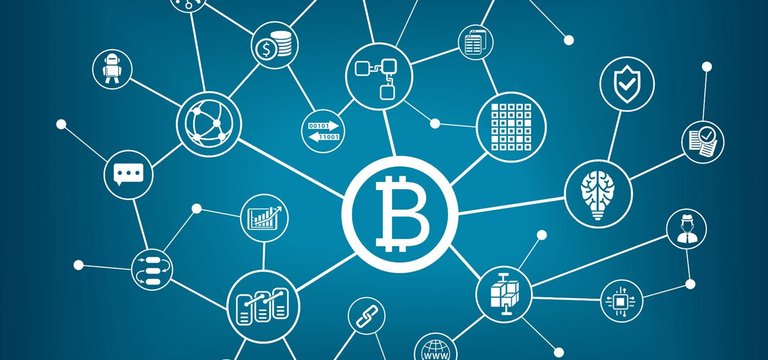
According to the Transparency Market research report, by the end of 2024, the global blockchain technology market is expected to reach 20 billion US dollars. As a technology, the blockchain has swept the world. People don't believe that their personal data is safe, so they need to share their data on a secure, anti-jamming platform. The blockchain helps to create this platform. However, due to the hype surrounding the blockchain in the world, the possible benefits and disadvantages are easily overlooked. As one of the most disruptive technologies across the industry, blockchain undoubtedly has the potential to reduce costs, increase transparency, enhance security and increase efficiency in other industries.
The enhanced data security it provides is a major benefit of using blockchain as a technology. Data is currently one of the most important assets in the world. Some of the world's leading corporate groups, such as Alphabet, Amazon, Facebook, Apple, Microsoft, etc., are data-centric companies. Protecting data has become the most important priority for businesses around the world. This is where blockchain can serve as a powerful alternative to cloud computing and server-based companies.
Let's take a look at the impact of blockchain on data security:
Encryption and verification
Blockchain platforms ensure that your data is encrypted, which means that data modification is a daunting task. You can also save the cryptographic signature of a document or file on a blockchain. This will give the user a way to ensure that the file cannot be tampered with. Because of its decentralization, you can cross-check file signatures on all classifiers on all nodes in the network and verify that they have not been changed. When you view a file, you can guarantee that it is the same version of the document. If someone does change a record, the signature is invalid. Blockchain provides reliable, independent data validation, which is undeniable.
The way in which data is dispersed is that the blockchain is essentially fragmented as a technology and does not depend on any of the control center points. It is a digital ledger for transactions, and each computer has a complete copy of the data. The lack of a single authority makes this system more fair and secure. The blockchain does not rely on a central authority to securely trade with other users. Instead, it uses an innovative consensus protocol across the node network to verify transactions and record data in a clean manner. Since the blockchain is a sub-ledger of information, it is extremely important that the information stored must be true and accurate. Since the data is stored on multiple computers, the data is very secure even if one or two computers fail.
Hacking is difficult
As the name implies, a blockchain is a digital "block" chain containing transaction records. Because they are not in the center, the blockchain is not included in the central location. Only one point of failure can't be changed from a single computer. They are decentralized and distributed ledgers across peer-to-peer networks that are constantly being updated and kept in sync. Each block is connected to all blocks before and after it. Although hackers can invade traditional networks, find all the data in a repository and filter or destroy it, the blockchain makes this difficult.
As a technology, blockchain is becoming more and more popular around the world and seems to be an ideal platform for enterprises to store massive amounts of data. The blockchain is not only safe, reliable, but transparent, which makes it more attractive to the company.
You got a 50.00% upvote from @peace-bot courtesy of @asifalirao4570!
50SP 100SP 250SP 500SP 1000SP 5000SPHelp spread the peace. Want to promote your posts too? Send a minimum of .02 SBD or STEEM to @peace-bot with link in the memo for an upvote on your post. You can also delegate to the bot for daily passive earnings. If you would like to delegate to the Peace Bot you can do so by clicking on the following links:
Learn more!